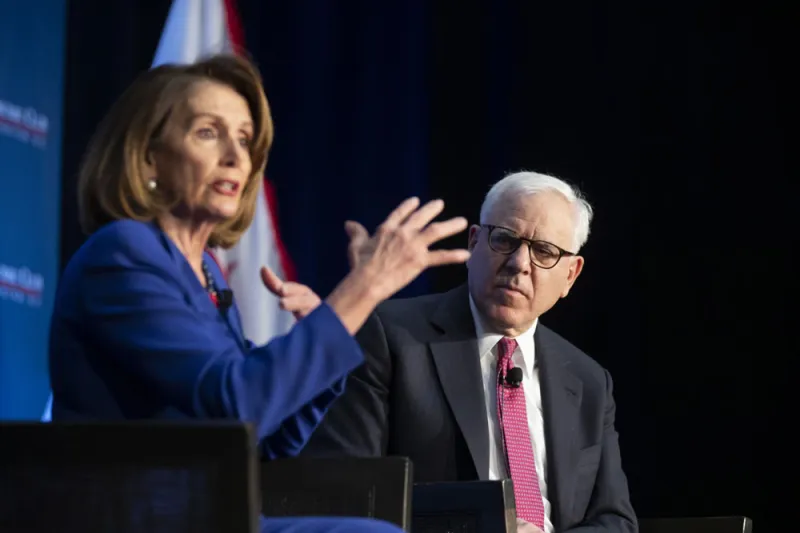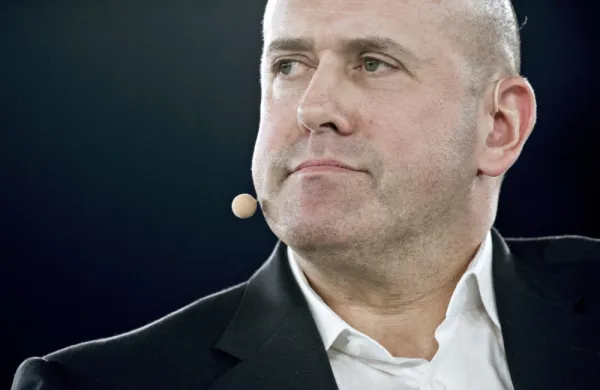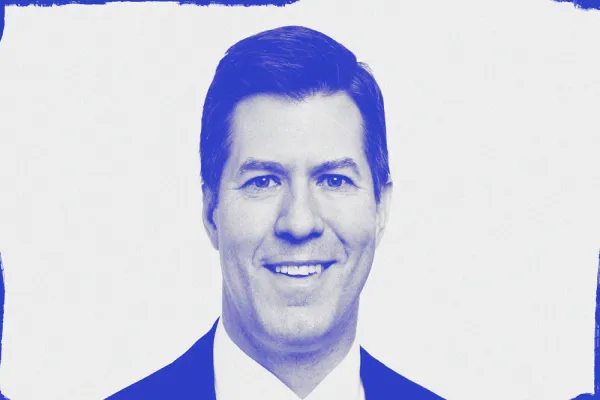Private equity firm the Carlyle Group is getting political.
No, an executive at the firm isn’t going after Democratic presidential candidate Elizabeth Warren, like so many of the firm's peers. Instead, Carlyle has started its own political action committee.
Political action committees are organizations that raise money privately to support candidates, ballot measures, campaigns, or legislation. Data from the Center for Responsive Politics shows that while asset managers like BlackRock and State Street have their own PACs, Carlyle appears to be one of the only major private equity firms to have established one.
Federal Election Commission documents show that 35 different managing directors, principals, and executives at the Washington, D.C.-based firm have contributed a total of $130,660 to the PAC since April. The PAC was started in late 2018, FEC documents show.
“Part of the value-add that Carlyle brings to its portfolio companies is our government affairs and regulatory expertise,” said Stacey Dion, global head of government affairs at Carlyle, via email. “As a component of that, we launched our PAC earlier this year to engage in an important part of the political process by contributing to candidates, regardless of party affiliation, who support the work of our companies and share our firm’s interests.”
Dion serves as the treasurer of the PAC, FEC documents show.
Carlyle’s PAC is considered a connected PAC. This means that the firm can pay for all administrative expenses on behalf of the PAC, former FEC chairman Michael Toner said by phone Wednesday.
Since inception, the PAC has committed capital to Congressional members including Rep. Katherine Clark (D-Massachusetts), Rep. George Holding (R-North Carolina), Rep. Jimmy Gomez (D-California), Sen. Martha McSally (R-Arizona), and Sen. Roy Blunt (R-Missouri).
Data from the FEC shows that the PAC also contributed to outside groups. These included the National Republican Senatorial Committee, the National Republican Congressional Committee, Committee for Hispanic Causes-BOLD PAC, and the Congressional Black Caucus PAC.
[II Deep Dive: Elizabeth Warren is Making Private Equity Investors Nervous]
PAC contributors included co-chief executive officer Glenn Youngkin, co-chief investment officer and co-founder William Conway, and chief financial officer and managing director Curtis Buser, each of whom donated $5,000 to the PAC, which is the individual contribution limit.
“They are leaders within the company,” said Toner, who now is a partner at Wiley Rein, by phone. “It’s not the rank-and-file employees.”
He added that this is because only shareholders or employees who are salaried and have administrative, executive, and policy-making roles at the firm can contribute to its connected PAC.
“All PAC contributions are voluntary,” Toner said. “It’s important that no company pressure or coerce or take adverse action against employees who choose not to give to the PAC.”







